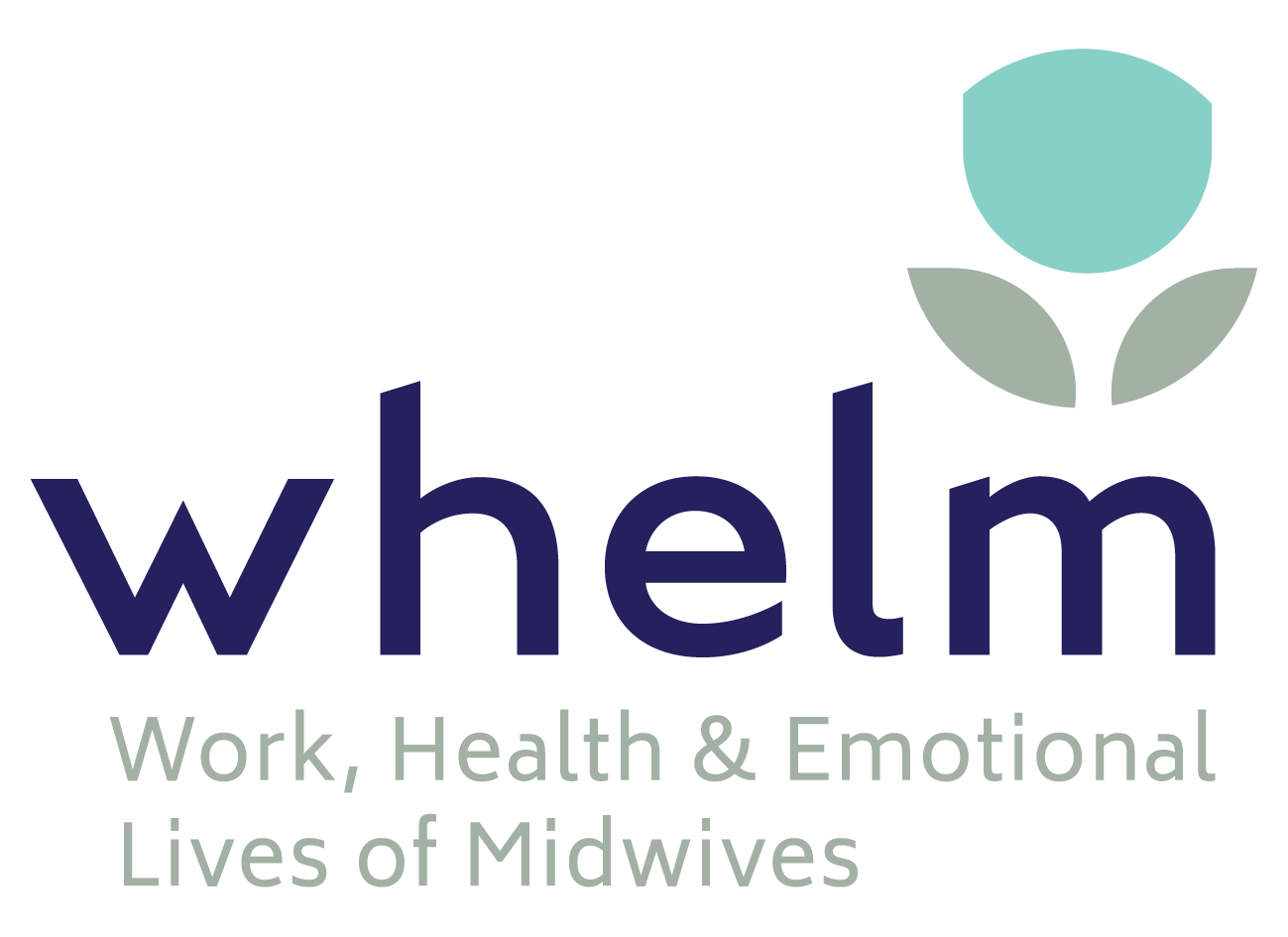This week is Birth Trauma Awareness week. There is increasing recognition that a significant proportion of women describe some aspect of their birth as traumatic. This week provides an opportunity to focus on what can be done to prevent, and respond appropriately to, women’s experiences of their births as a form of psychological trauma.
Professor Jenny Gamble, Director of Transforming Maternity Care, recorded a podcast with Annalee Atia from Pregnancy Birth and Beyond earlier this week. In the podcast Professor Gamble explained that women may experience their birth as traumatic if they feel that there was threat to their life or safety or their baby’s (or babies’) life or safety. About 30% of Australian women report that their birth was traumatic and have some trauma symptoms at 4-6 weeks after birth.
All women should be asked about their birth experience and provided with sufficient time and empathy to be able to talk about it. The process of care is key to whether women experienced birth as traumatic. Technically poor care, failures of communication, care with coercion and without consent, and excluding the woman from decision making contribute to experiencing the birth as traumatic.
Human intent in the harm or threat experienced is significant in the development of traumatic stress and PTSD. If women feel their trust was betrayed or that they received treatment with callous disregard they are more likely to experience birth as traumatic.
The podcast explains helpful early responses for maternity care providers and others. For some women, following the trauma and the struggle to cope and work through the impact of their birth experience, report positive change and growth. These women are beacons of hope and often an empathetic ‘home’ for others experiencing adversity.
You can listen to the Podcast here. Other events held during Birth Trauma Awareness week are hosted on the Facebook page of the Maternal Mental Health Matters Australia 2020 group, along with helpful resources for people who have been affected by birth trauma.








